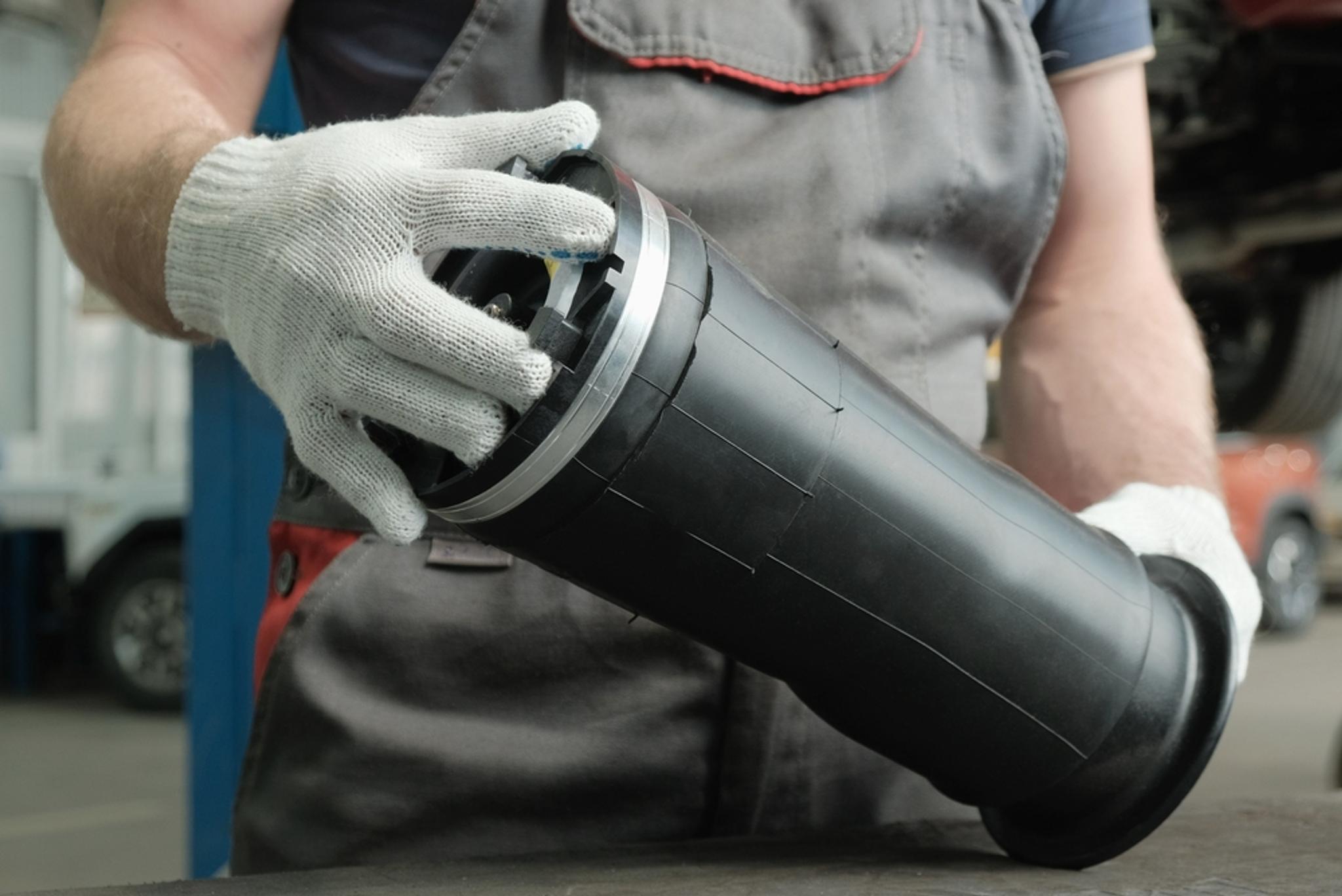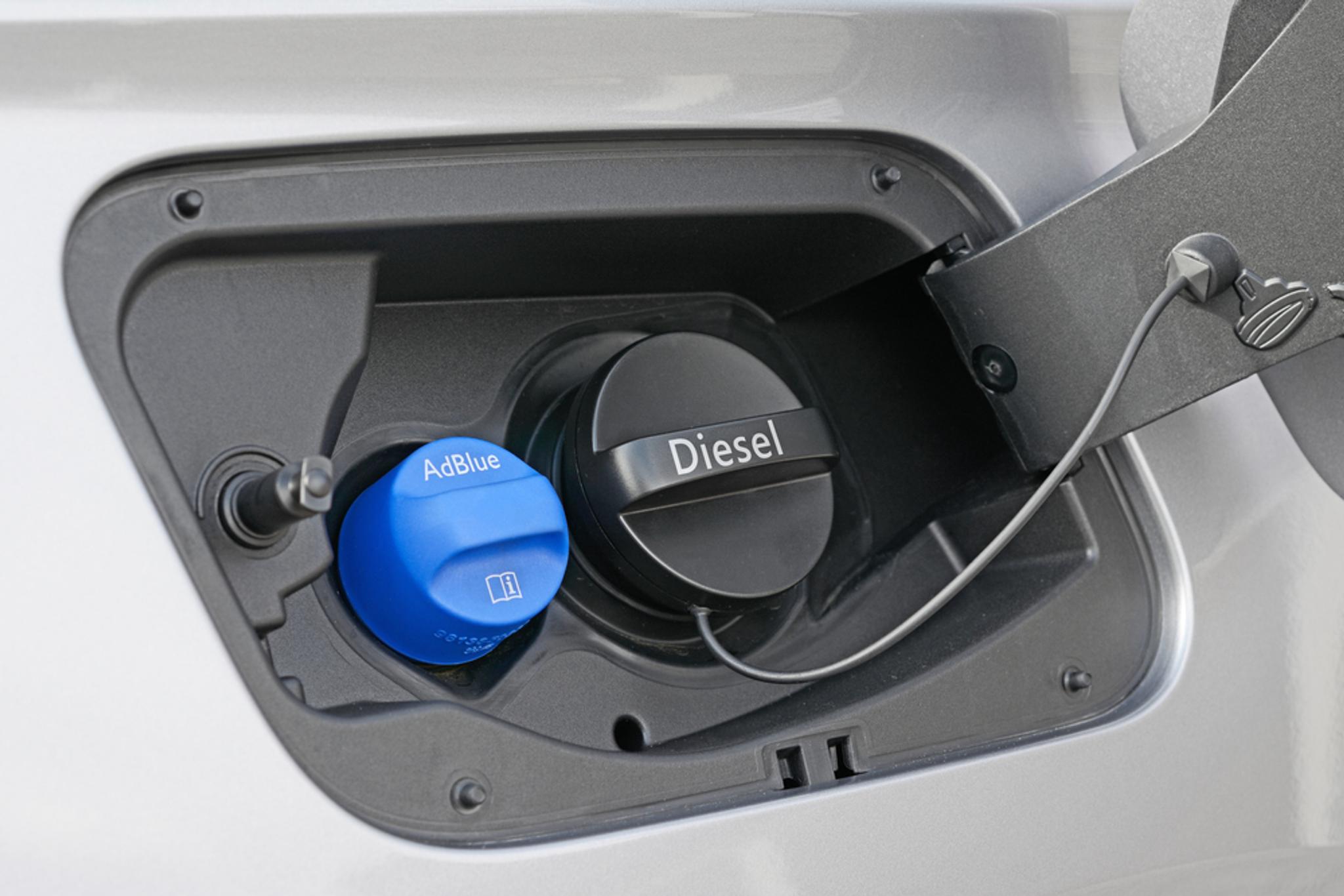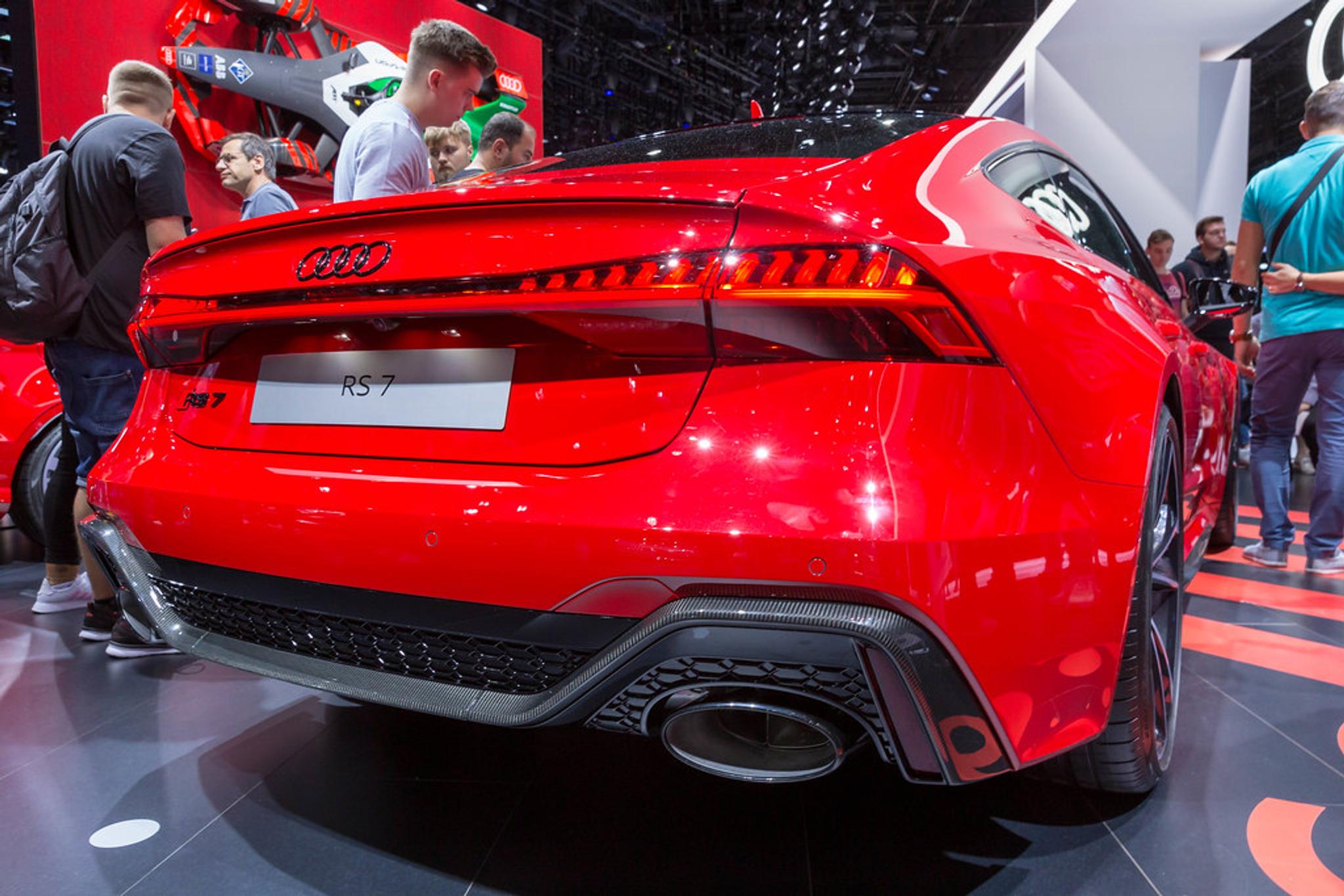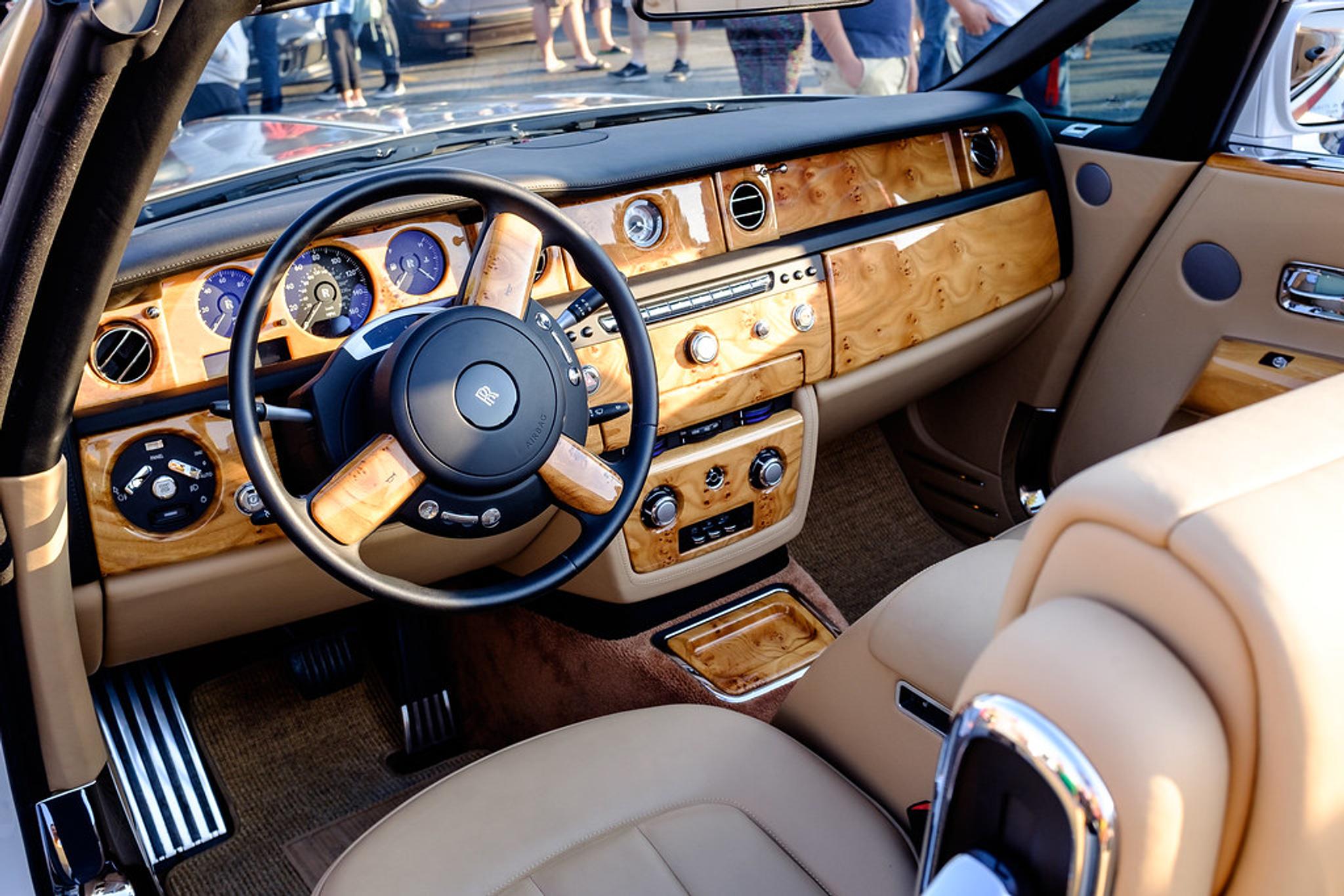Most expensive car features to repair

Evaldas Zabitis

Exotic sports cars, luxurious SUVs, and big land yachts – all of these cost a fortune to buy, and another one to maintain. However, you may not know that regular car features can also bring surprisingly expensive problems. Some drivers have a hard time paying the repairs off when these problems get them by surprise.
Let’s take a look at some of the modern car features that can cost a fortune to repair.

Afraid of buying a wreck?
Check any VIN to learn a vehicle's history!
What are the costliest car features to repair?
People love cool features that make cars more comfortable and innovative. Therefore, drivers are surrounded by shiny touchscreens, exterior cameras, and various driver-assist systems.
These complicated features can be very handy and interesting, but they become a nightmare when malfunctioning.
Below are some of the most expensive car features to repair (aside from the engine and transmission), so think twice before choosing them.
Pneumatic suspension

For many years, air suspensions were used mostly in racing and large luxury cars, offering additional comfort and adjustment options. Nowadays, many SUVs, station wagons, and full-size sedans are equipped with them.
The problem is that pneumatic suspensions are much more complicated and less reliable than regular ones, requiring sealed air lines, an air compressor, special springs, and various sensors. Air leaks, faulty sensors, and damaged air springs are among the most common issues with pneumatic suspension systems, often causing four-figure repair costs.
Aluminum body
Aluminum is much lighter and has a better strength-to-weight ratio than steel, therefore, it’s a great fit for sports and luxury cars. This metal is also corrosion-proof, solving the common issue of rust on the undercarriage, wheel arches, and around the windows.
The biggest problem with aluminum is its high processing and repair costs. Bending, welding, and preparing aluminum car parts for painting requires extensive knowledge and expensive tools. Most auto body mechanics aren’t qualified to work with aluminum, and the ones who are often charge hefty sums of money.
So, if you’re planning on buying an aluminum-bodied vehicle, be aware that body repairs are going to be expensive.
ECO systems

Reducing emissions is crucial, but not easy – eco systems in modern cars are expensive to manufacture and repair.
Here are a few main automotive systems that effectively reduce the carbon footprint, but can be expensive to repair:
- Catalytic converters. All modern cars have catalytic converters. They significantly reduce harmful emissions by filtering out byproducts in the exhaust gasses and burning them.
- EGR (Exhaust Gas Recirculation) system. It features a valve that opens a way for exhaust gasses to the intake manifold, allowing it to repeatedly burn exhaust gasses and reduce overall emissions.
- AdBlue system. Many modern diesel engines have AdBlue systems that inject a mix of urea and demineralized water into the exhaust system. The fluid mixes with the exhaust gasses in the SCR (Selectric Catalytic Reduction), converting harmful nitrogen oxides (NOx) into nitrogen, water, and carbon dioxide.
The repairs of these systems can get quite expensive for different reasons. For instance, catalytic converters have precious metals inside, such as platinum, palladium, and rhodium, therefore, repairs often cost thousands of dollars.
EGR valves clog up over time – sometimes, a good cleaning solves the issue, but replacing the valve is often the only way to go.
Finally, the AdBlue system does reduce harmful emissions, but many of its parts and sensors can be replaced only in conjunction with the entire tank, costing you around $1,000.
LED lighting

When compared to halogen and xenon lights, LED lighting seems like the most efficient option. They are bright, energy-efficient, and very flexible when creating various light designs.
Nonetheless, LED lighting is still considered a premium option for cars because these lights are sealed and expensive to manufacture.
Therefore, replacing an entire unit is usually the only solution when something malfunctions. For instance, a brand new fully LED headlight for a 5-year-old Audi A6 costs around $2,000. LED tail lights – around $700 each.
Hybrid and electric systems
Hybrid and electric vehicles are becoming increasingly popular due to near-zero emissions, reliability, comfort, and economy. Unfortunately, the lithium-ion batteries in EVs and hybrids only last around 10 years, therefore, they can be great money-savers only when the batteries are in good condition. Otherwise, you may spend thousands of dollars on a new battery.
Driver-assistance features
Lane-assist, sign recognition, exterior cameras, adaptive cruise control, and other driver-assistance features are found in all kinds of vehicles, providing significant help and comfort for everyday drivers. While these systems are generally reliable, sometimes sensors, control units, or software fail, requiring extensive troubleshooting and expertise to find and solve the issue.
Luxury material interiors

Many people gladly pay extra to get genuine leather seats, a dashboard covered in hand-stitched leather, and polished wood instead of plastic trims. These additions definitely provide charm to a car’s interior, but they also require special attention.
Polished and leather surfaces are prone to scratches and cracks, therefore, special care products are recommended. And when any of these surfaces are damaged, replacement parts often cost a few times more than their cheaper counterparts.
Sunroofs and convertible mechanisms
Sunroof and convertible roof mechanisms are very complicated and require lots of space and precision. They have multiple weak spots, generate friction, and the mechanism can stop working because of trapped water, grime, and dirt that can cause corrosion and seize the mechanism.
If the problem lies in the electric motor, its replacement may not cost much, however, mechanism issues are more common.
For example, in order to access the sunroof mechanism in a car, you must remove the plastic trims around the roof lining, remove the lining, and probably remove the mechanism. These tasks are usually too complicated to do by yourself and are very costly when taken to a professional.
The importance of knowing repair costs
Many drivers try to reduce vehicle ownership costs by looking for cheaper gas, parts, and insurance options. Yet these expenses are nothing compared to some maintenance bills.
For example, most newer Mercedes-Benz models come with the pneumatic Airmatic suspension. Replacing a couple of springs in it can cost the same as fuel for an entire year – around $2,000.
Expensive car repairs and maintenance are also some of the key factors causing its depreciation. Even though a car’s value drops over time, its maintenance requirements grow significantly. That’s why the used car market is full of huge, powerful, and luxurious 10-year-old SUVs and sedans selling for a few thousand dollars – up to 15 times less than their MSRP.
Modern technology makes maintenance more expensive in general. Even minor repairs on a modern vehicle require computer diagnostics, an expert’s knowledge, and special tools. For comparison, the 1999 Audi A8 had around 10 control units, while the new A8 has over a 100 of them – imagine how much more measuring and testing each fix requires.
Realistic expectations of potential repair costs can help you choose a vehicle that meets your needs and won’t drain your wallet. Always make sure the seller provides service records and take the car for a professional inspection to check its technical and electrical systems. Also, check the vehicle’s history to make sure the car hasn’t been in major accidents, the mileage isn’t fake, and there are no legal issues.

Check your VIN
Avoid costly problems by checking a vehicle's history. Get a report instantly!
How to avoid hefty repair bills?
Buying a car with fewer gimmicks and expensive features is definitely the best way to avoid huge repair bills. The simpler the technology, the easier a car will be to repair.
However, nobody wants to drive a car with a CD player, so here are a few tips to preserve your car and avoid potential expenses:
1.Regular maintenance is key. Change fluids, filters, belts, and brake pads according to the manufacturer’s recommendations. Properly maintaining the car and fixing damage on time will ensure maximum longevity for your vehicle.
2.Be a conservative driver. Excessive acceleration, braking, cornering, and speeding are always challenging the various systems of your car. Plan your routes and, more importantly, actions when driving. Dangerous driving doesn’t save much time but poses great risks to you, other road users, and your car.
3.Get mechanical breakdown insurance (MBI). Standard car insurance only covers repairs of damages caused by car accidents, disasters, and other specific factors, while MBI covers all your repairs, whether they’re due to natural wear or an accident.
Regardless of what car you own, you must always be prepared for the worst-case scenario. People are often seduced by the low prices of used luxury cars without understanding that potential maintenance and repair costs are dreading.
Advice of the day: take care of your car, but always be prepared for the worst.
Frequently asked questions

Article by
Evaldas Zabitis
Evaldas has been writing since middle school and has had a passion for cars for as long as he can remember. Right after getting his driver’s license, he spent all of his savings on shoddy cars so he could spend time fixing, driving, and selling them. Evaldas is always interested in automotive technical innovations and is an active participant in automotive community discussions.
